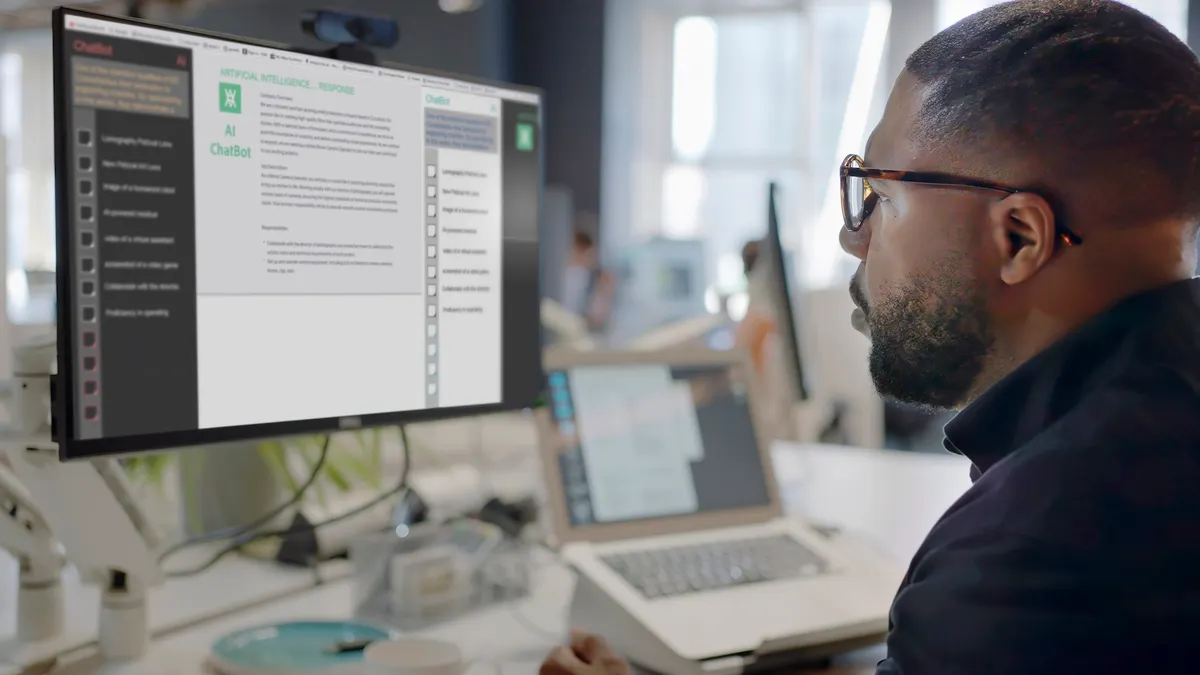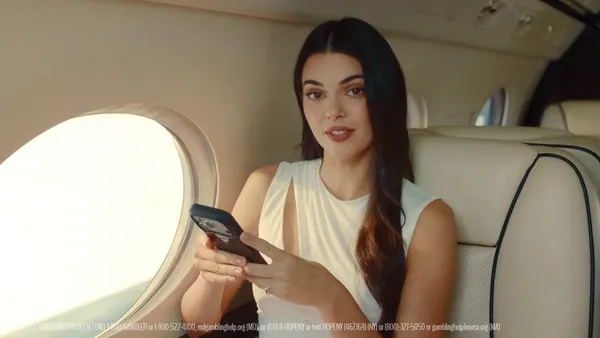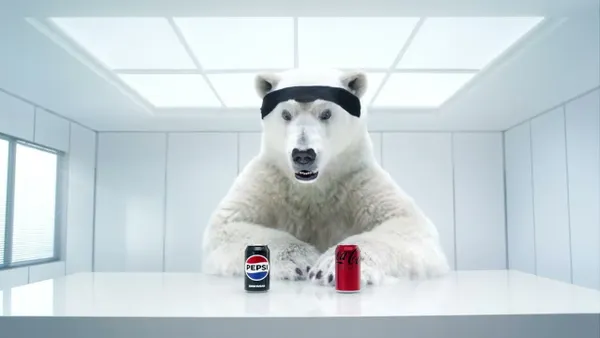Brief:
- Aflac, the biggest provider of supplemental insurance with sales of $5.5 billion in Q3 2017, debuted a chatbot on Facebook Messenger to help answer questions from consumers during benefits enrollment season, according to a press release by the company.
- DuckChat, featuring the iconic Aflac Duck, uses artificial intelligence (AI) to learn about users as they seek answers about enrollment, benefits options, insurance definitions and coverage choices. The Duck typically responds immediately on Messenger and mimics human learning to get smarter and provide better answers over time.
- To promote the new tool, Aflac released its newest TV commercial that shows the duck mascot working late at night to answer people's questions about insurance. The spot debuted on Oct. 31 during NBC's "This Is Us" and Aflac will run online ads, as well as GIFs and short videos on social media.
Insight:
The Aflac Duck has become an iconic character since the insurance company began featuring it in its advertising in 2000. Since then, it's helped boost brand recognition after appearing in more than 70 commercials, so many consumers immediately connect it with the brand. The new chatbot provides an entertaining and helpful way for consumers to interact with the company on a convenient platform any time of day. Aflac is also touting the new tool on Facebook, Twitter and Instagram, which will likely boost consumers' discoverability and engagement with the fun GIFs and videos featuring the Duck working late in a cubicle to answer customers' questions.
Aflac is the latest insurer to introduce a chatbot on Facebook Messenger. Last month, Progressive Insurance released a chatbot to let consumers ask its fictional salesperson and brand mascot Flo questions about buying car insurance. Aflac released its chatbot at a key point for its target audience: benefits enrollment season. One challenge for marketers of insurance companies is educating consumers about complicated policies and industry jargon while working to shift the reputation of insurance brands as more friendly and helpful for consumers.
Meanwhile, Messenger chatbots are still in the process of gaining traction since their introduction to the platform in April 2016, but they're still getting a decent amount of engagement. About 1.2 billion entities talk on Messenger now, and not all of them are human, according to Forbes. More than 100,000 chatbots generate 2 billion messages with the people they engage every month.











